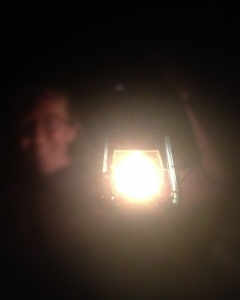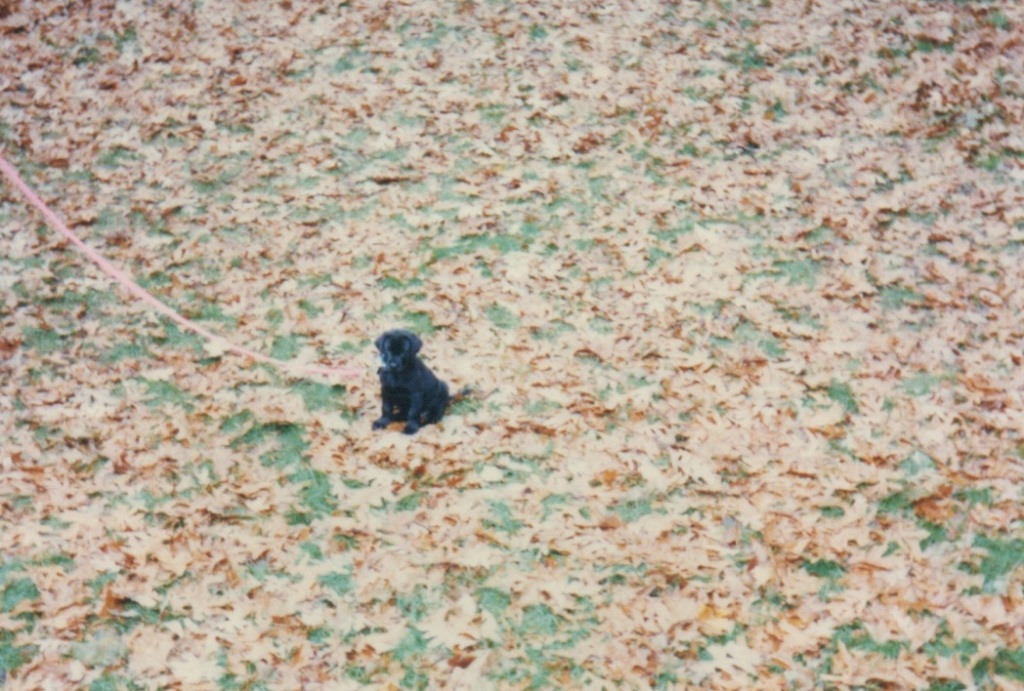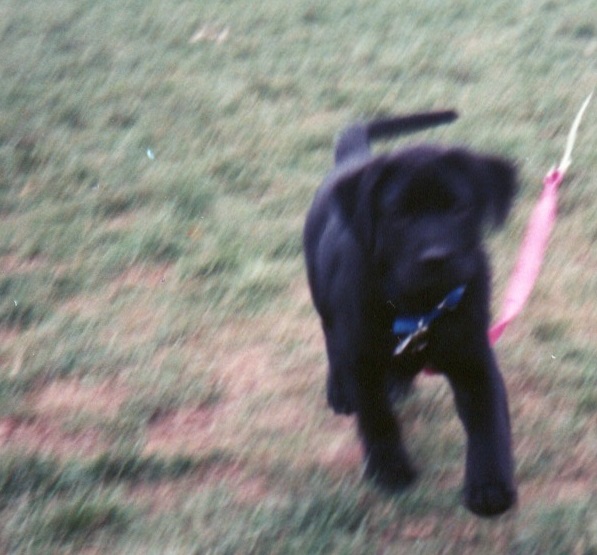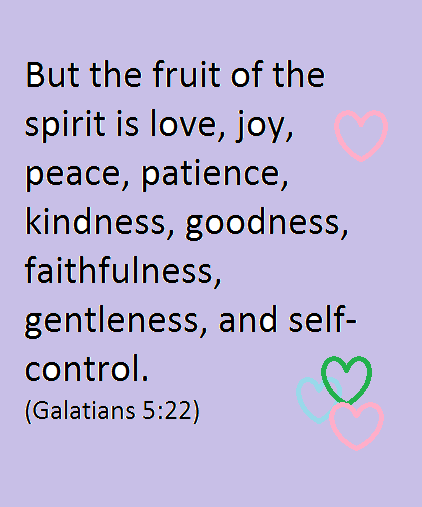
“It’s a celebration!”
“For some,” I wanted to say. But I didn’t want to be seen as a downer or as though I didn’t appreciate the significance of this special day. I merely tried to smile, and nodded, and walked on.
If you’re someone who also struggled to reflect the joy of Easter this year, then this post is for you. And if you’re someone who can’t understand how anyone could not reflect the joy of Easter, then pull up a chair. This post is for you, too.
It’s Complicated (Easter when you don’t feel like celebrating)
Easter for me is a complicated holiday. Its themes of death and resurrection, new beginnings and old traditions are deeply personal to me. They strike me in such a contradictory fashion that I am not sure if the correct response is to burst into song or tears. Sometimes I do both simultaneously.
At first, I felt guilt for this seemingly unchristian-like response. How could anyone be sad at the most triumphant celebration of our faith? But the more I pondered this, the more I came to see “complicated” may be the exact right interpretation.
It’s tradition now to greet one another with an exuberant “He is risen! He is risen indeed!” But that is not the cry that rang through Jerusalem that first Easter morning. At least not at first.
First, Jesus’ closest friends were hiding in a locked room, fearing for their lives. Women who had befriended, cared for, and supported Jesus carried burial spices to the tomb. When they discovered it empty, they did not shout for joy. They wept all the more bitterly for this even deeper loss. They pled in anger and frustration, “Where have they taken him?”
When Mary told the disciples and two of them ran to the tomb, they did not shout in triumph. They looked at the empty space where Jesus’ body had laid, and they went away quietly.
Confused. Waiting.
What We Know Now
We have the advantage of history. We know on Easter morning what the disciples did not. We know their heartbreak, confusion, and fear for the future are going to turn to joy… but not right away. First, there were a lot of complicated feelings that were the opposite of joy.
We like to skip over that part. We want to say: Let’s run back from Emmaus and proclaim the good news! Instead, we must travel the road slowly. Before we know where it is going.
Like the disciples, we may experience the sadness of death even in the face of a resurrection. We may despair through deep loss even in the promise of redemption. We may keep the Easter Vigil like them, sitting through a long dark night of waiting.
These things are part of Easter, too.
We like to package up all the dark parts and sequester them to Good Friday. Darkness for three hours (and three days). Then, pre-dawn resurrection. Easter Joy!
We can shout triumphant today, but that doesn’t make the actual unfolding of the story any less complicated.
Easter Journeying
If you’re like me, you may prefer a less authentic Easter. Let’s get back to the joyful part, shall we? My point in this reflection is simply this: Easter is a celebration, but it is not only a celebration. It’s a journey. It’s a transformation. It’s a movement from sadness to wonder to joy. It takes time.
For those churches who follow the liturgical calendar, the Sunday after Easter often commemorates Doubting Thomas. Right on the heels of Easter comes the doubt. I find this so indicative of our human journeying. Just when we make it through the vigil, just when there is an opportunity for hope, then doubt creeps in and snatches it all away. Yet even there the journey does not end. In what is still to me the most convincing evidence of the resurrection, we see the friends of Jesus transform from heartbroken hidden figures into the founders of our faith. Doubting Thomas himself is credited with the first explicit pronouncement of Jesus’ deity when he cried, “My Lord and My God” upon seeing the resurrected Jesus. Tradition tells us Thomas carried his Easter story to India and founded churches there.
My point, again, is this my friends: Easter is so much more than a celebration. It is a heart broken and remade, a life taken and resurrected, a loss cherished and grieved. Easter is a journey we take one step at a time.
Don’t minimize your experience by trying to only feel joy. It’s okay to feel it all.
This post was first shared at inspireafire.com. Peace to all of you who also had a “complicated” Easter Vigil.











